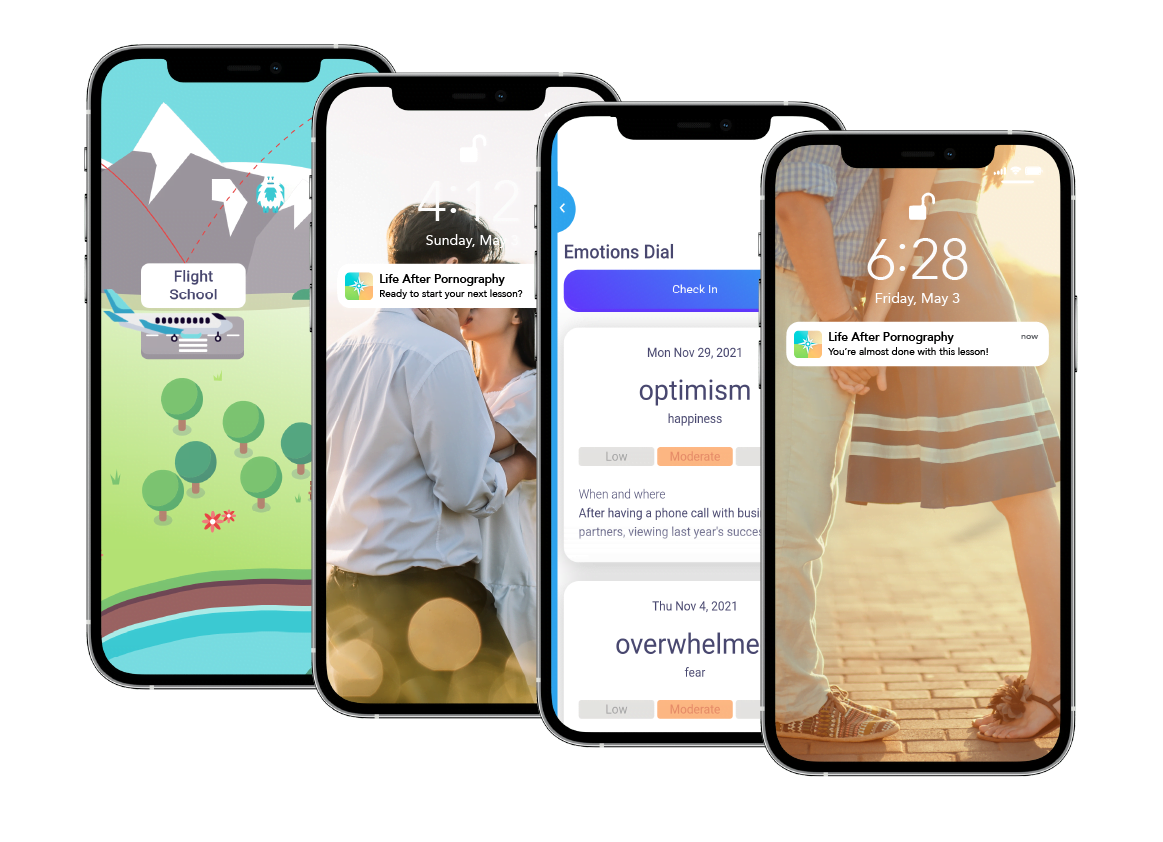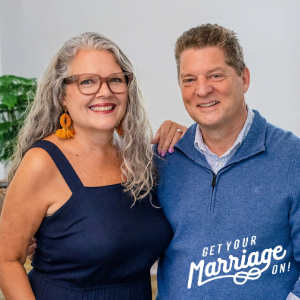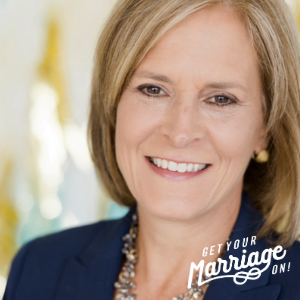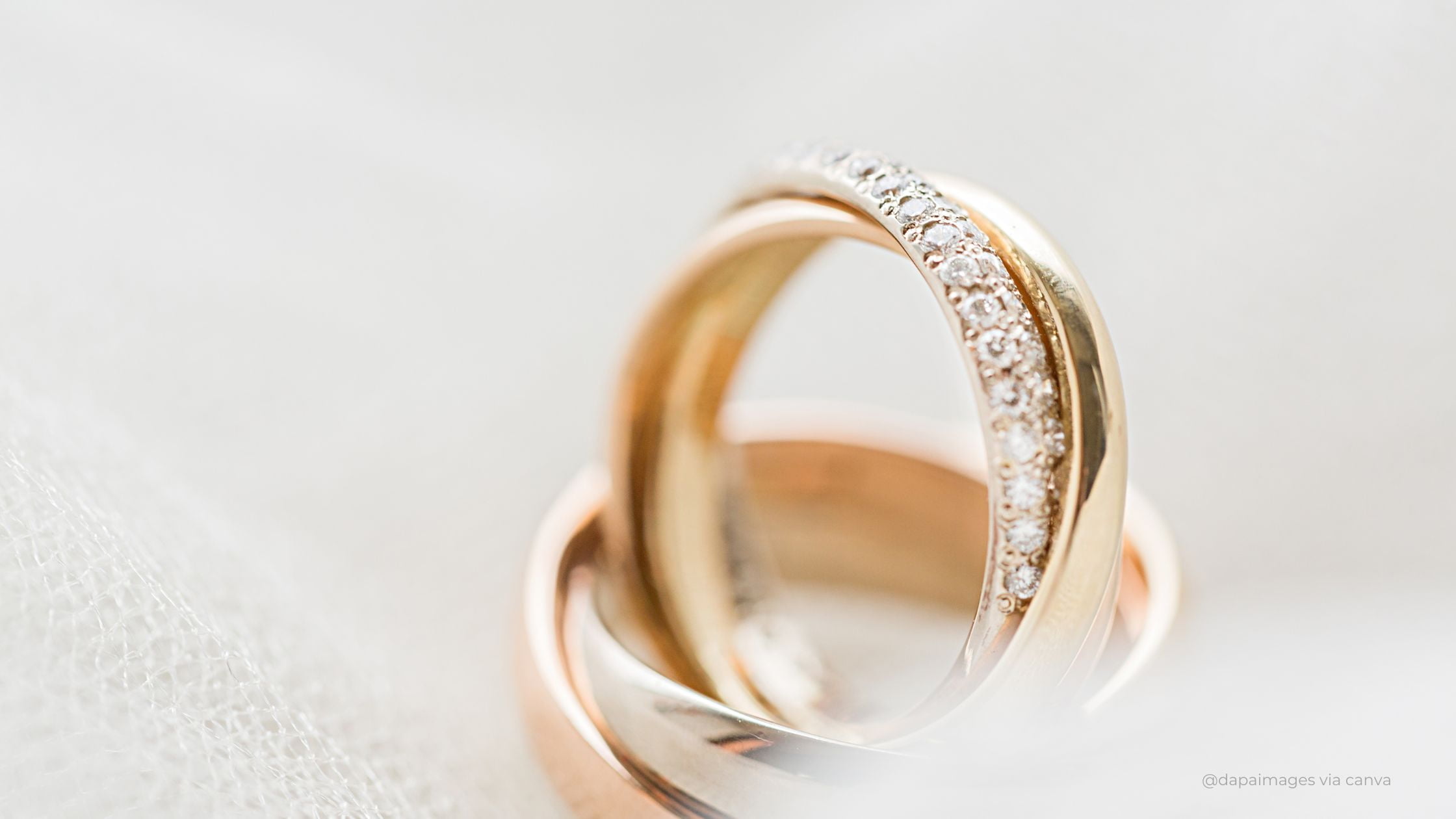Unwanted pornography use often gets in the way of a couple’s capacity for a deep intimate relationship. Most pornography use by one spouse is done in secret without the full knowledge of the other spouse and is often accompanied by deception and dishonesty. This undermines trust between a couple, and could set the user up for unrealistic expectations in the bedroom.

Is it Technically Correct to Call it a Pornography “Addiction”?
What is an addiction? Webster’s defines it as “a strong inclination to do, use, or indulge in something repeatedly”. Pornography is sometimes an actual addiction. People can have a strong inclination that feels like a need to watch pornography, just as many things have the possibility of becoming an addiction. However, it is wrong to call someone an “addict” when they use a substance very occasionally. When someone drinks or smokes a couple times a year, we do not consider them an addict. However, we tend to have a double standard when it comes to pornography, considering any use an addiction.
The latest research studies have shown us that, contrary to popular belief, most unwanted pornography use is not actually an addiction, but a coping mechanism. It is more often than not a way to manage our emotions, just as you may ‘eat your feelings’, mindlessly scroll through social media to numb out, or go on a shopping binge to avoid dealing with any negative emotions you may be feeling.
Those who struggle with unwanted pornography use tend to view it for the same outcome we receive when eating or scrolling- it feels good in the moment! So instead of rushing to judge ourselves or someone who is viewing pornography, let’s instead ask “what might you be feeling that is causing you to turn to these images?”
Calling unwanted pornography use an addiction makes it a lot harder to deal with. This wording, “addiction”, takes away the hope of overcoming and dehumanizes those using pornorgraphy to cope. Instead, focusing on being aware of why we or our partner are participating in unwanted pornography use and how we can help each other accept this and find healthy ways to cope with every day life, will allow us the most hope and the quickest recovery.
Dr. Cameron Staley researched how our brains perceive pornography in relation to addiction. When looking at our brains during an MRI, scans show that the areas of the brain related to addiction do not light up when people who typically use pornography as a coping mechanism viewed sexual images. What did light up, however, were the parts of our brain related to emotions and coping. Isn’t it interesting that we have always viewed pornography use as an addiction, when in reality, it is a way to overcome negative emotions we are feeling?

How Awareness and Self-Acceptance Cures Unwanted Pornography Use
Being aware of our thoughts is the best way to cope with and overcome unwanted pornography use. Dr. Staley noticed that many people have a disconnect between why they started searching for these images or videos. A lot of the time, there was a disconnect between why they started searching and the emotions that drove people in that direction. The emotions that proceed the urge to view pornography are more often then not not recognized. Let’s slow down and investigate what you might be feeling that is leading you to these behaviors that you’re hoping to overcome.
One treatment that has been found to be extremely effective in the treatment of unwanted pornography use is Acceptance and Commitment Therapy- ACT. This therapy is “behavioral treatment based on the idea that suffering comes not from feeling emotional pain but from our attempts to avoid that pain.” ACT aims to help people become willing and open to experience their emotions instead of trying to ignore them.
ACT has proven to be very effective, showing a 90% reduction in unwanted pornography viewing after just 12 weeks of treatment, says Dr. Cameron Staley. It focuses a lot on language and how things are perceived. If you or your spouse is struggling with unwanted pornography use, try not to ignore it and “shove it under the rug”. Instead, confront it. Try to understand the why behind the viewing. And find ways to work through it.
What Are Coping Mechanisms?
What is coping? The folks over at the Centre for Studies on Human Stress say that “coping refers to the thoughts and actions we use to deal with a threatening situation.” What is considered a stressful situation for you may not be one for your partner. Since we have different things that cause us stress, it would only make sense that we may have different ways of coping with this stress as well. Some coping mechanisms are healthier for us than others. And sometimes, we need to find ways to replace our coping mechanisms with something different if it is causing us and/or the people around us harm.
There is a wide range of coping mechanisms in the world, and what you use to cope may be different than what your partner uses. For some, eating chocolate helps us cope. Others, taking a few laps in a pool or lifting weights at the gym. And then there are some who use talking to someone about what they are feeling, or writing it down to cope with it. Whatever your coping strategy, it is helping you understand and move past negative emotions.
One of the ways that you or your spouse may cope with what you are feeling is turning to sexual images that make you feel good. Turning to these images may make you feel strong, pleasant, excited, curious, or happy while viewing them, which are positive emotions in the moment. But in the long term, viewing these images may cause guilt, grief, and pain in your relationship. Most people feel worse off after indulging in using pornography as a coping mechanism for emotional management.

Emotion-Focused Coping Strategies
While there are certainly more than one type of coping strategy, we as humans tend to lean towards using emotion-focused strategies. This type of strategy focuses on how we’re feeling about a situation, and how we can change or ignore any negative emotions that we are experiencing. We ‘eat our feelings’, take a long run, have a long talk, or endlessly scroll through social media to attempt to help us focus and work on (or sometimes just ignore) our emotions. Some of these strategies are healthier than others. Pornography use is often an emotion-focused coping strategy, a commonly unhealthy one, that uses the feel good emotions that come with viewing sexual images to assist us in our emotions.
The way to an effective coping strategy? Mindfulness! “Mindfulness is key” says Dr. Cameron Staley. No matter what we are using to cope, we need to be mindful of why we are using it, and what we are trying to cope with. When you start making decisions about your coping as opposed to just reacting to the situation, you can start to better control your thoughts and urges.
A Healthy Sexual Relationship Helps Overcome Unwanted Pornography Use
Most of the time, people do not get healthier by dieting. Diets often have a relapse period- you do really well for a while, but it isn’t sustainable. What does help people get healthier is proper nutrition. Slowly changing things, and not attempting to eliminate specific food groups all together, will bring a much longer lasting change. Likewise, just merely telling someone to stop looking at pornography is not sufficient. Developing a healthy sexual relationship both with yourself and your partner, will be a huge stepping stone in reaching your desired goal.
Developing these strong, healthy sexual relationships are great ingredients to the recipe that is overcoming unwanted pornography use. In order to do this, you will need to develop strong communication skills. Learn each other’s bedroom language and the things that your partner enjoys while being intimate. Be sure you are both on board in developing these relationships, as it is a two person job. This should ultimately lead to a healthier and happier relationship overall for the both of you, so it will be worth the work.
How to Help Our Children Learn to Cope
“It starts with our kids. Help them with sexual education, with quality information.
Cultivate a healthy relationship with your kids so you can talk about anything, including sexuality. You can’t wait for sexual conversations with them, or else it will be too late.” Dr. Cameron Staley is a strong believer in educating our kids. Most people who start to use pornography as a coping mechanism view pornography accidentally at a young age, so waiting on these conversations simply isn’t an option anymore.
Be open with your children. Let them see that you aren’t perfect, and show them the ways that you cope with stressful situations that arise. Leading by example is the best way to help your children learn to cope with various situations later in life. Life in general is very stressful, so we want to do everything we can to prepare our children to be able to handle these stressful situations in a healthy way.

Life After Pornography with Dr. Cameron Staley
Dr. Cameron Staley has a wonderful program to help you and your spouse cope with unwanted pornography use and finding other ways to cope. His goal is to “reduce shame so we can move past this and build stronger relationships.” And he keeps the course to under the price of one typical therapy session so it is accessible to all!
To learn more about Cameron Staley and his Life After Pornography course, visit https://www.lifeafterpornography.com/

Resources:
“Coping Strategies.” CESH / CSHS, 7 Aug. 2017, humanstress.ca/stress/trick-your-stress/steps-to-instant-stress-management/.
Matthew Tull, PhD. “ACT for Emotional Pain Experienced From PTSD Symptoms.” Verywell Mind, 21 Dec. 2020, www.verywellmind.com/using-act-for-ptsd-2797661#:~:text=ACT%20is%20a%20behavioral%20treatment,and%20other%20mental%20health%20disorders.






